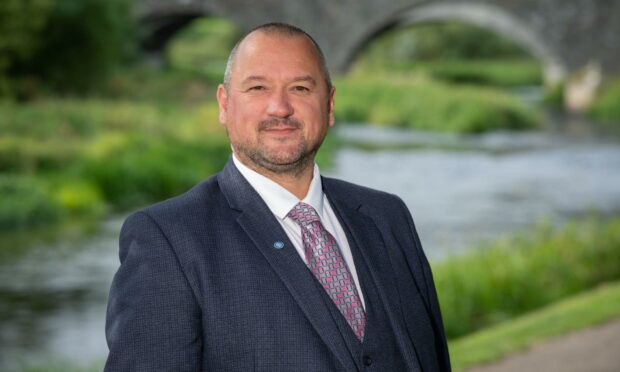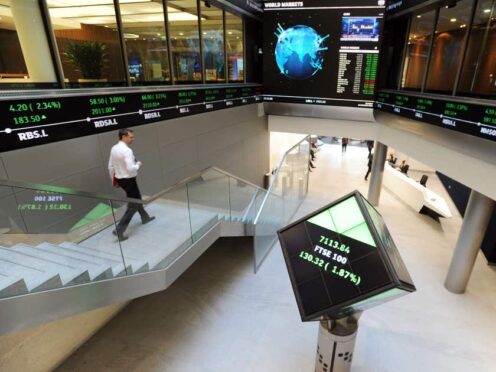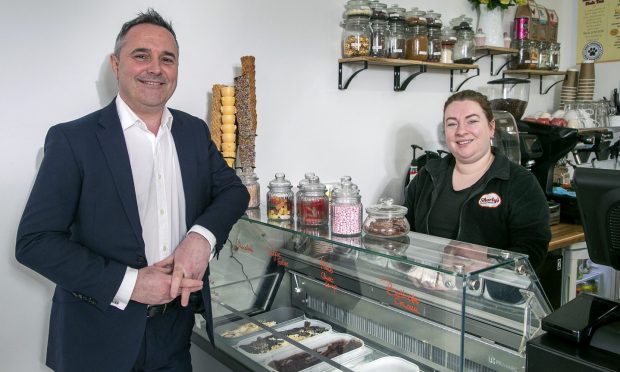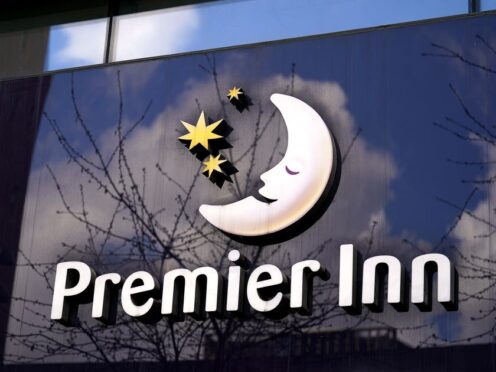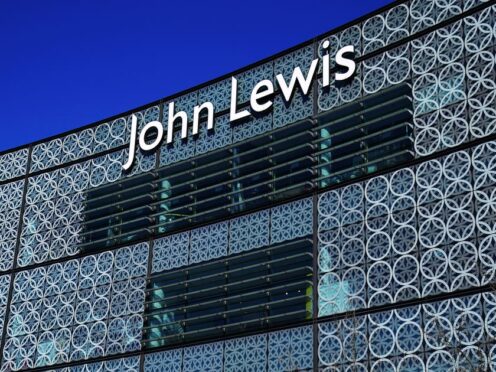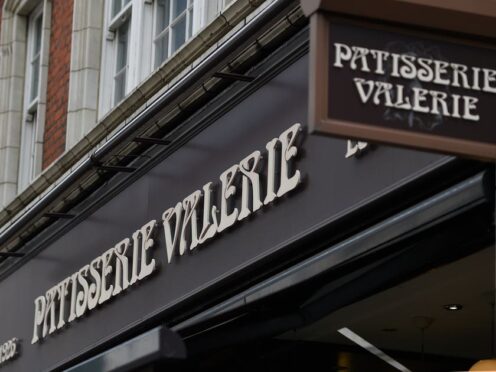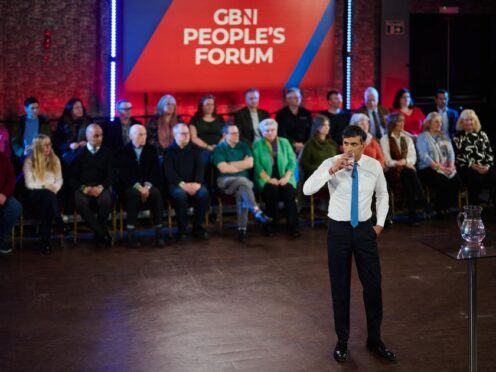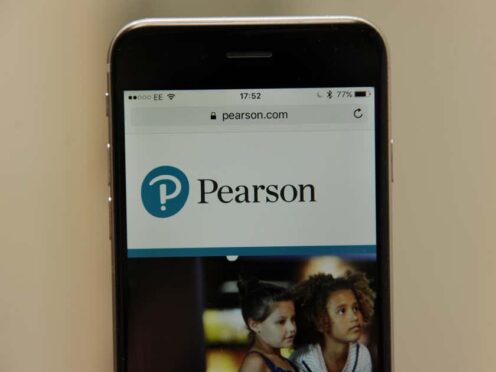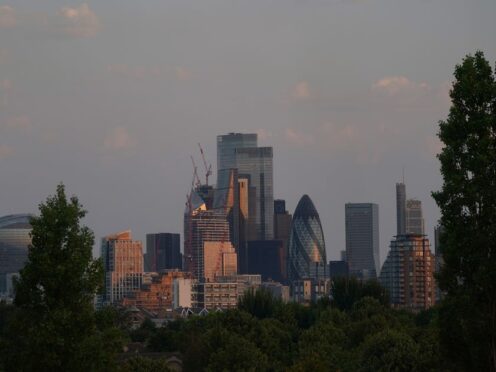Nearly one in four employees of Scottish financial services (FS) firms would prefer to work entirely from home post-pandemic, according to a new survey.
The vast majority (70%) also said that they would prefer to work just two days a week or less in the office. Just 5% would favour a return to five days a week in the office.
Nearly two hundred Scotland-based financial services employees across banking, capital markets and insurance took part in a survey carried out by global services company, Accenture.
Phil Anderson, founder and managing director of Ellon-based Phil Anderson Financial Services, is not surprised by results. He currently has a staff of 15 people with only four working in the office at the same time.
He said: “We took a decision and said we are not all going to come back until everyone has had both of their jabs.
“But I’m happy for staff to continue working from home as long as client confidentiality is met and all documents kept securely.
“I had plans to open a few offices but I would probably say now that it’s not so important.
I had plans to open a few offices but I would probably say now that it’s not so important.”
Phil Anderson, founder & managing director of Phil Anderson Financial Services
“We’ve adapted really well and generally people are more comfortable doing things over the phone and using Teams.
“The findings mirror what our staff would say.”
Not looking for pre-pandemic return
A flexible working schedule was the number one initiative workers wanted from their employers, with 69% saying that this would help them adjust to working life post-pandemic.
Employees in Scotland are more likely (64%) than their peers UK-wide (57%) to agree that their workplace and role could not return to pre-Covid “normal” and more than a third (39%) would forgo compensation if they could work fully remotely
Stuart Chalmers, head of financial services for Accenture Scotland, said: “As Scotland’s financial services companies develop their future working from home policies, this research suggests that a majority of employees at all levels don’t want simply to go back to pre-pandemic routines.
“While working from home has opened up new possibilities for talented people to locate north of the Border, how they are enabled to be productive is crucial.
“The sector has a big opportunity to reinvent physical workspaces, complemented by digital environments, to drive collaboration with colleagues throughout the UK and shape positive workplace cultures post-pandemic.
We’re only at the beginning of the process needed to make these new ways of working a long-term solution for thriving teams.”
Stuart Chalmers, Accenture Scotland head of financial services
“We’re only at the beginning of the process needed to make these new ways of working a long-term solution for thriving teams.”
The findings also revealed one in 10 (11%) have considered leaving or do not intend to return to the FS industry altogether, with stress (19%) and lack of work/life balance (14%) the top two reasons.
